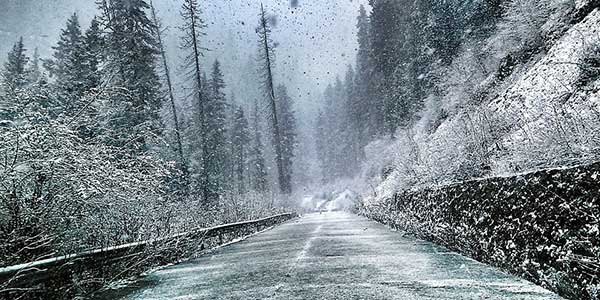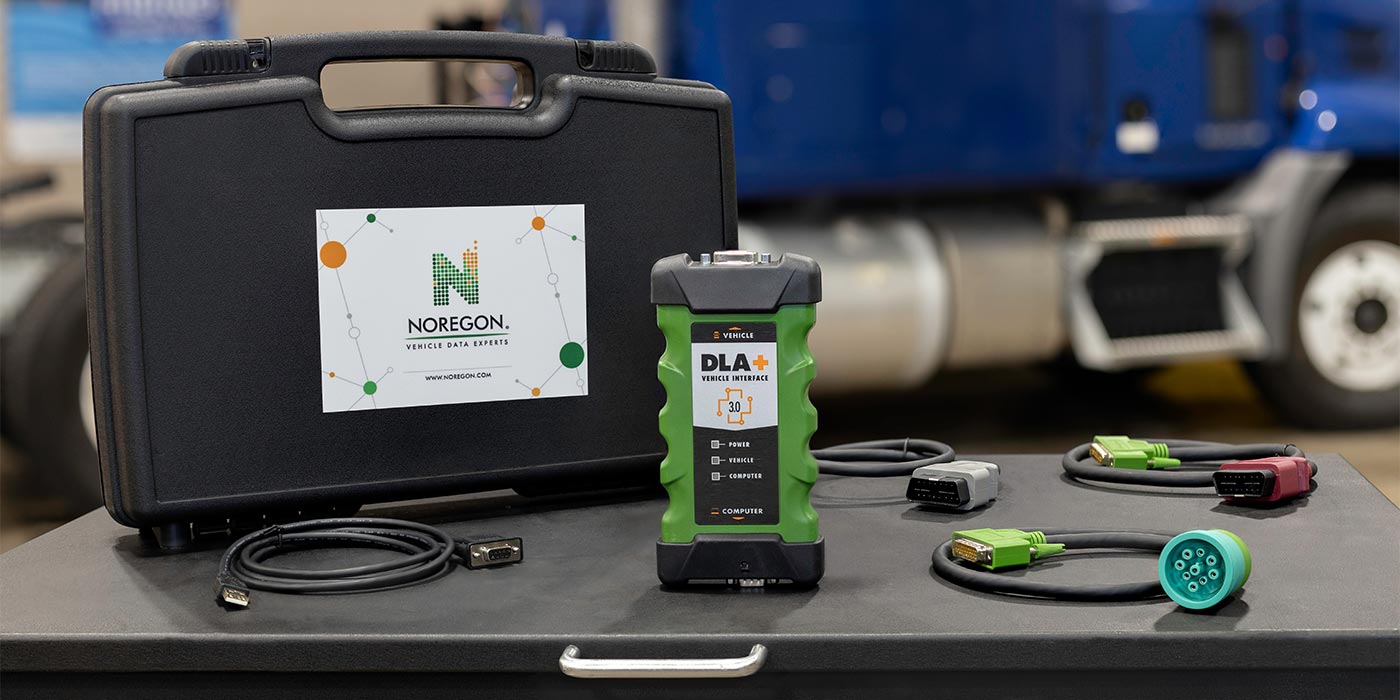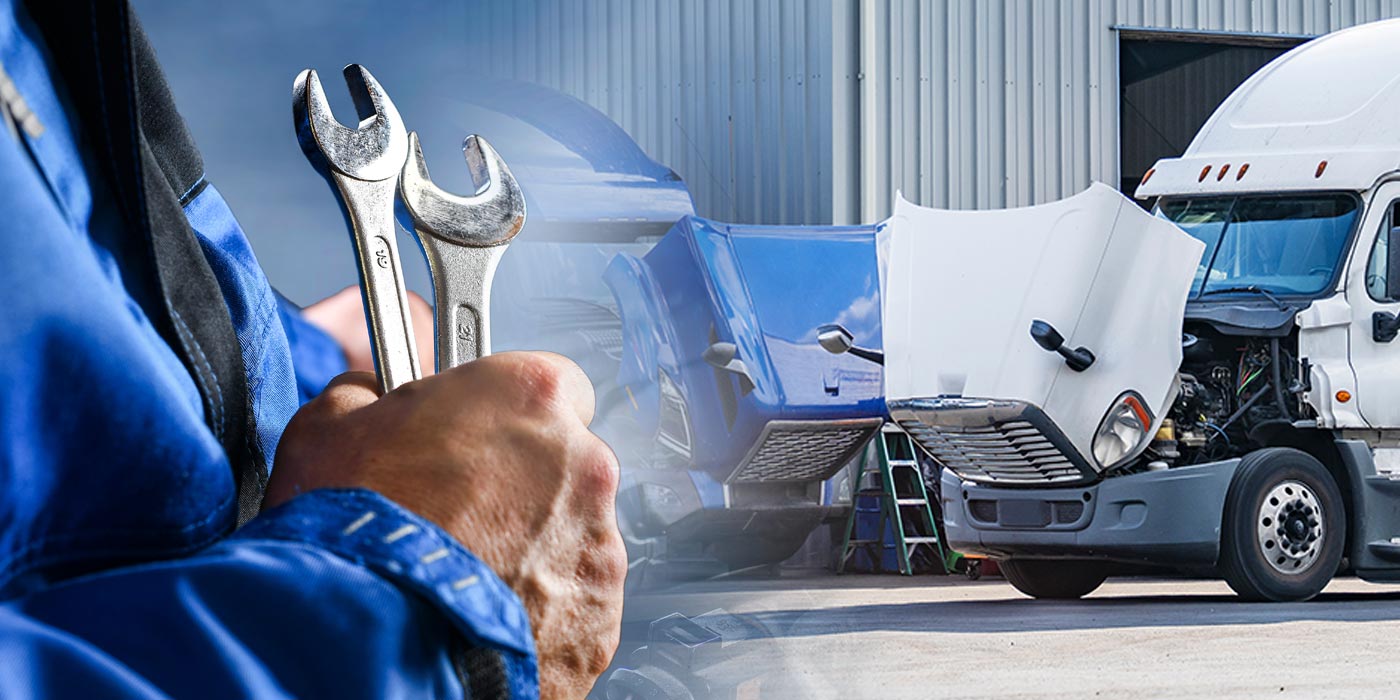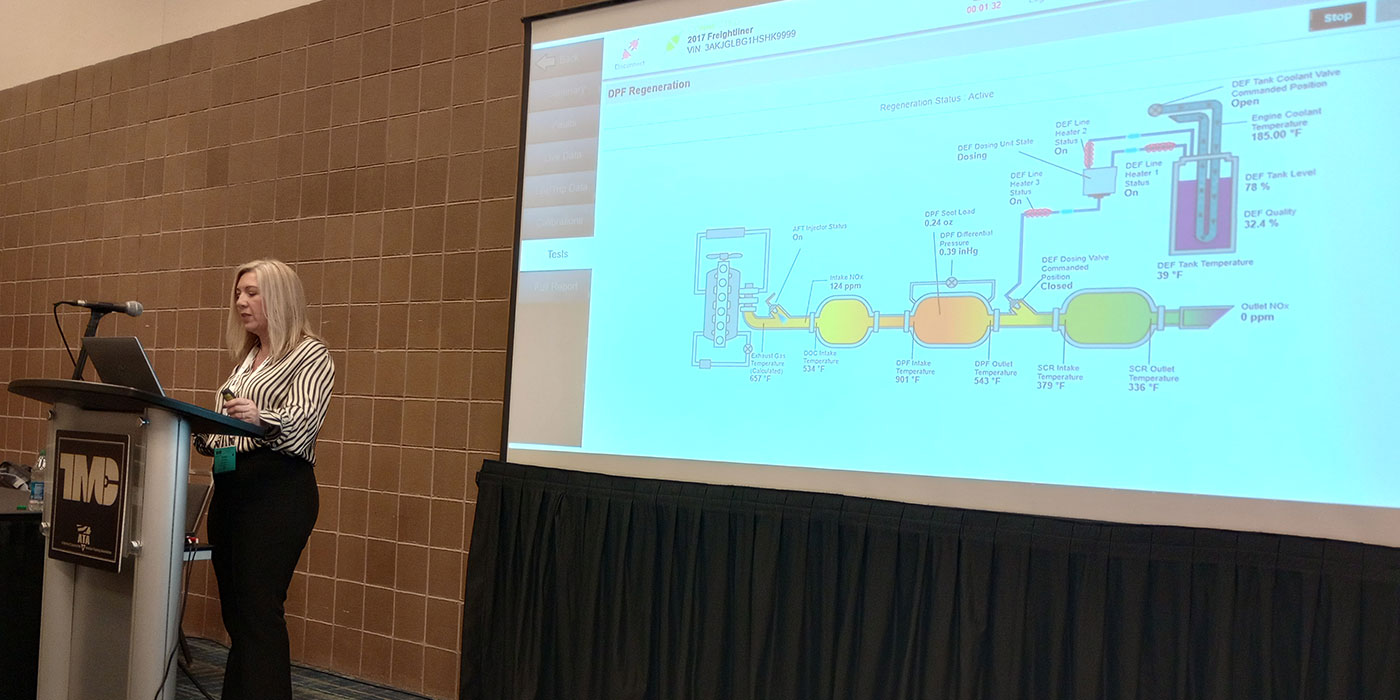Preparation is key when it comes to facing the cold weather that lies ahead. Creating a thorough checklist to ensure your safety is vitally important. You’ll want to include steps that cover best practices, make sure your vehicle is performing optimally, and confirm that all essential tools are on board. The following checklist provided by Rob Howes, executive vice president at Howes Products, could be the difference between a safe, pleasant trip and an endless journey full of problems. Refer to this example when developing your own.
1. Make sure your truck is plugged in while the engine is still warm.
Block heaters are not designed to warm an engine, they are designed to maintain the heat already generated in the engine. Plugging in a truck after it has cooled down will defeat the purpose.
2. Remember to unplug your truck before starting it.
Just two to three seconds of the engine running while the block heaters are plugged in are enough to burn out the block heaters.
3. Be sure you have adequately treated fuel tanks to prevent gelling in the temperatures you will be dealing with.
Colder temperatures may require higher dosages. When treating, think in terms of the coldest temperatures you might encounter, then treat accordingly. Products such as Howes Diesel Treat or Howes Winter Treat Plus, for example, are petroleum-based and alcohol-free, so over-treating is not harmful. When in doubt, it’s better to be safe than sorry.
4. Do not idle your truck.
The engine temperature rises by approximately 18°F when it is shut off. Idling a truck coming off the road will do more to cool the engine than simply shutting it off immediately. Conversely, starting a cold truck and letting it idle is futile. If you need to warm a truck that’s been sitting, get in it and drive it around the yard. This will exercise the truck once it has reached maximum oil pressure, warming the engine, transmission, differential and suspension. It also prevents the risk of potential idling fines for both you and your organization.
5. Remember to drain air tanks and fuel water separators.
As the ambient air temperatures fall, the ability for water to condense in fuel tanks increases. Water can then be carried into the filter/heater unit. During periods of extreme cold, draining should be done on a daily basis to prevent freezing and other damage.
6. Properly service the fuel filter.
The fuel filters are the only protection the engine has against contaminants in the fuel. A larger micron fuel filter should never be used to extend filter life or increase flow. It may void the warranty and can be damaging to the pump and/or the injectors.
7. Be sure air hoses are hooked up to each other or to the dummy gladhands when the equipment is not in use.
Missing this step is one of the leading causes of brakes freezing up.
8. If moisture is present in an air line, use one cap full of brake line anti-freeze in the emergency red) side only.
Never put anti-freeze in the blue side or you may cause the brakes to lock up. Use only company supplied brake line anti-freeze, as there are many products out there that will cause damage to the internal brake system.
9. Be sure gladhands hook up tight.
If gladhands go on loose, they will come off in a tight turn and will cause unnecessary cycling of the air compressor. Make sure you have a nice, snug fit.
10. Test the battery and clean the connections.
You can use products such as Howes Multi-Purpose Lubricant on your battery terminal to prevent corrosion.
11. Replace windshield wiper blades.
12. Check and fill windshield washer with winter washing fluid.
13. Check to make sure cab heater and defrosters are working properly.
14. Check tire tread and tire pressure.
15. Keep front radiator free from debris.
16. Check hoses and belts.
17. Prepare an emergency kit.
Your kit should include a properly checked fire extinguisher, road flares, reflective triangles, a first aid kit, water, a solar blanket and jumper cables.
Stay safe and warm this season and most of all, prepare yourself and your vehicle so you can face the cold weather ahead.














